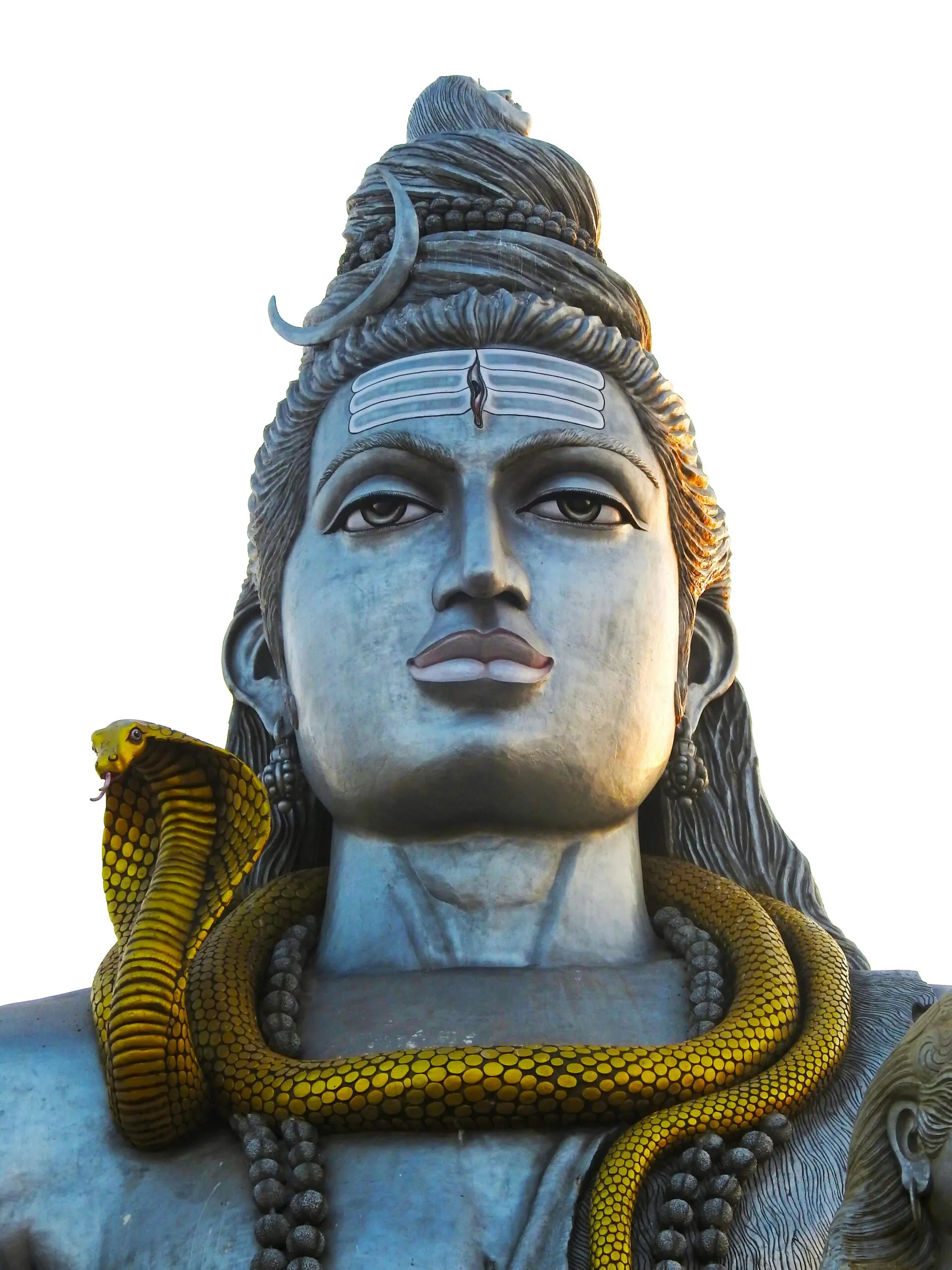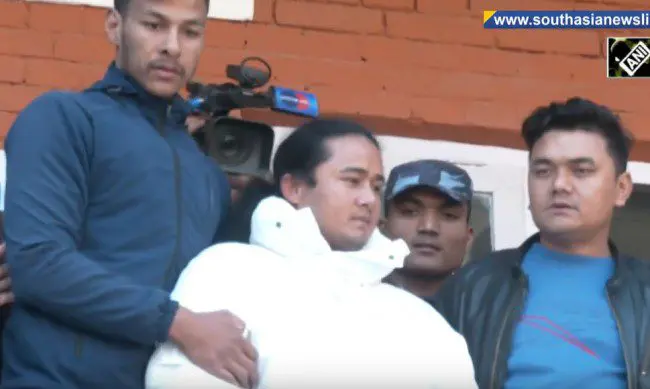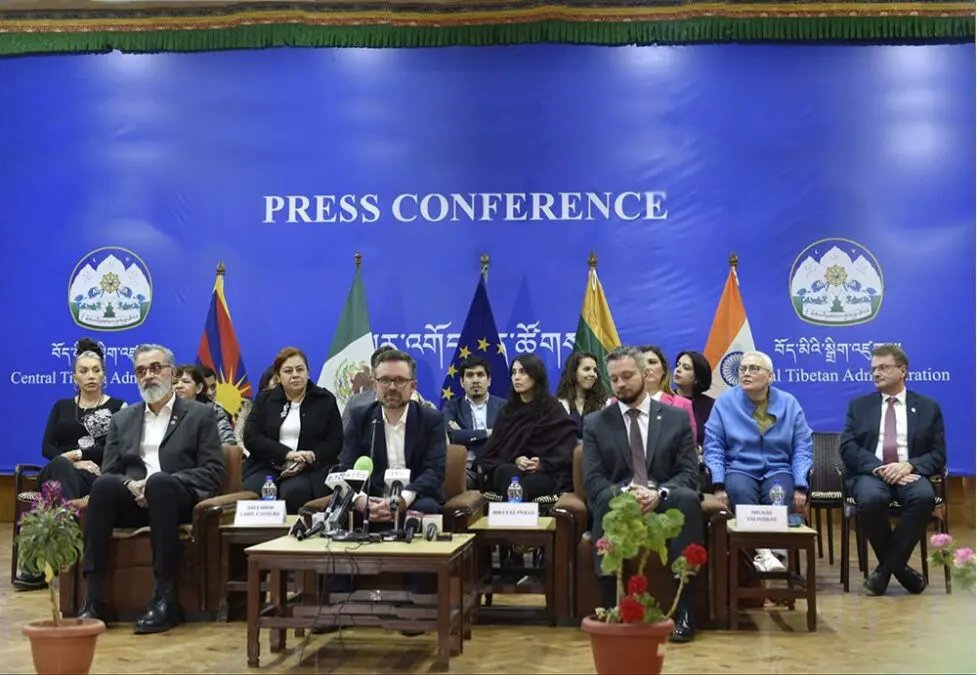Rezaul H Laskar for Hindustan Times. Read the original article here.
China on Wednesday issued a series of guidelines for the Indian media for coverage of the national day of Taiwan, observed on October 10, saying all countries having diplomatic ties with Beijing should “firmly honour their commitment to the One-China policy”.
The move followed full-page advertisements issued by the Taiwan government in two Delhi-based newspapers ahead of the national day, which featured an image of President Tsai Ing-wen and the slogan “Taiwan and India are natural partners”. The advertisement referred to Taiwan’s efforts to counter Covid-19 and its sharing of experiences and essential medical items with like-minded partners.
Against the backdrop of the India-China border standoff, experts and commentators have called for New Delhi to review its relations with Taipei, which has been dealing with the Chinese military’s actions in recent months.
In 1995, India and Taiwan established representative offices in their respective capitals though the two sides do not have formal diplomatic relations. Taiwan has the Taipei Economic and Cultural Center in New Delhi, while India has the India-Taipei Association in Taipei to promote interactions and facilitate business, tourism, and people-to-people exchanges.
People familiar with developments said on condition of anonymity that Taiwan had canceled a reception for its national day because of the Covid-19 pandemic and would only have advertisements and a TV show to mark the occasion.
A letter sent out by the Chinese embassy in New Delhi referred to the “so-called forthcoming ‘National Day of Taiwan’” and said it “would like to remind our media friends that there is only one China in the world, and the Government of the People’s Republic of China is the sole legitimate government representing the whole of China”.
“Taiwan is an inalienable part of China’s territory…All countries that have diplomatic relations with China should firmly honour their commitment to the One-China policy, which is also the long-standing official position of the Indian government,” the letter said.
The Chinese embassy said it “appreciates the good faith and efforts by friends from the media”, and was “willing to maintain communication with media friends on China-related reports”.
After Indian Twitter users pointed to the Chinese embassy’s guidelines, Taiwan’s foreign minister Jaushieh Joseph Wu responded in a tweet: “#India is the largest democracy on Earth with a vibrant press & freedom-loving people. But it looks like communist #China is hoping to march into the subcontinent by imposing censorship. #Taiwan’s Indian friends will have one reply: GET LOST! JW”
The Taiwan foreign ministry’s Twitter bio states all tweets initialed “JW” are from the foreign minister.
In recent weeks, Indian officials have kept a wary eye on efforts by the Chinese embassy to project its views on the border standoff in the Indian media, especially since the growing perception on the Indian side is that the views of Indian diplomats in Beijing aren’t given similar play by the state-run Chinese media.



